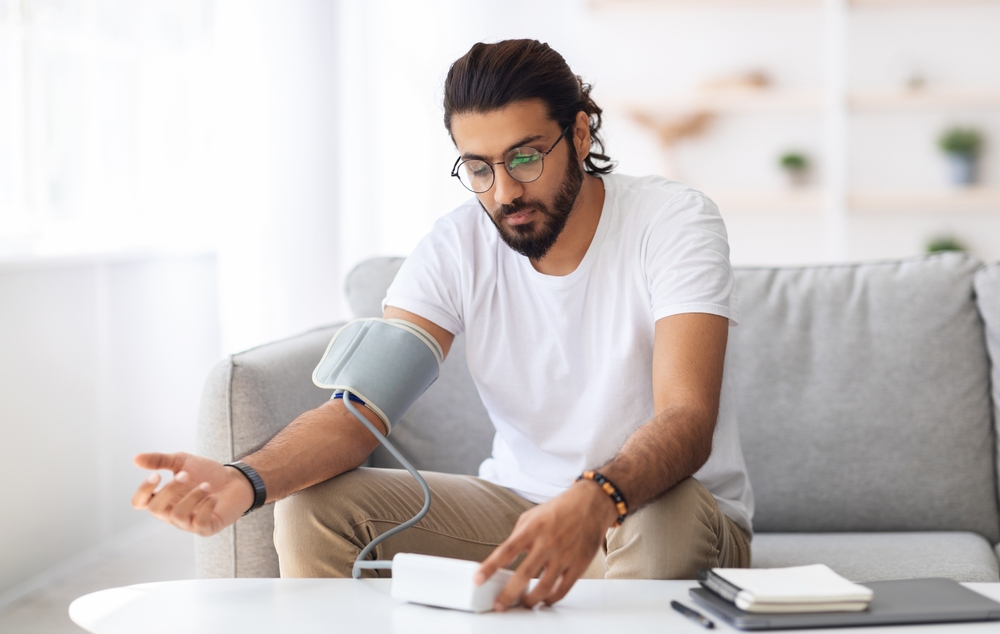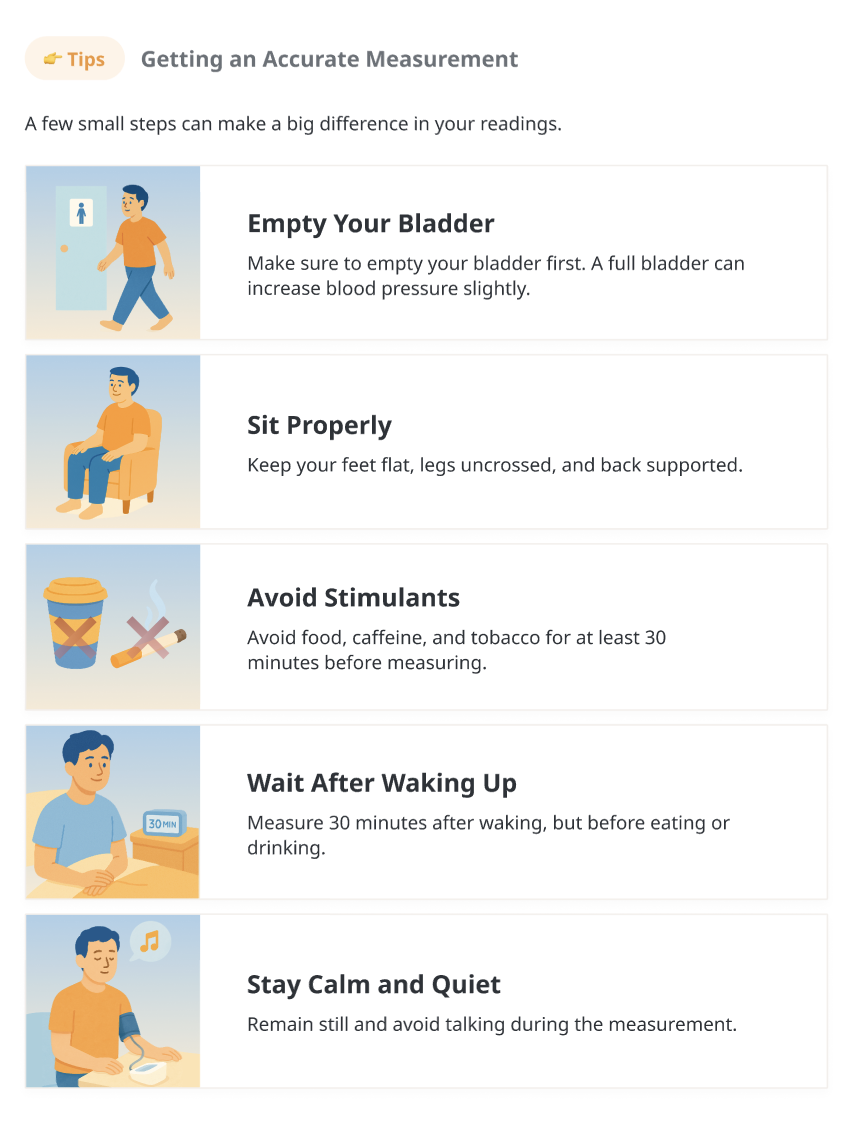Taking your blood pressure medication is an important step in keeping your numbers healthy, but sometimes your readings may still be higher than expected. This can happen for a variety of reasons, many of which are easy to adjust.
Common Everyday Factors That Can Raise Blood Pressure
- Caffeine: Coffee, tea, energy drinks, and some sodas can cause a temporary rise in blood pressure, especially if consumed within 30–60 minutes before measuring.
- Salty Foods: A high-sodium meal (like takeout, processed snacks, or canned soup) can increase blood pressure for hours after eating.
- Not Waiting After Medication: Blood pressure medicines usually need 1–2 hours to fully work after you take them. Measuring too soon can give an artificially high reading.
- Not Resting Before the Reading: Physical activity, rushing, or even talking right before measuring can elevate your numbers. Sit quietly for at least 5 minutes.

Other Medications That May Increase Blood Pressure
Some prescription and over-the-counter medicines can interfere with blood pressure control:
- NSAIDs (ibuprofen, naproxen)
- Steroids (prednisone)
- Decongestants (pseudoephedrine, phenylephrine)
- Certain antidepressants (like SNRIs)
- Birth control pills or hormone therapy
Tips for More Accurate Readings

Read our article “How to Get an Accurate Blood Pressure Measurement” for more in-depth education on this topic. And as always, message your Care Team if you have any additional questions or concerns.



